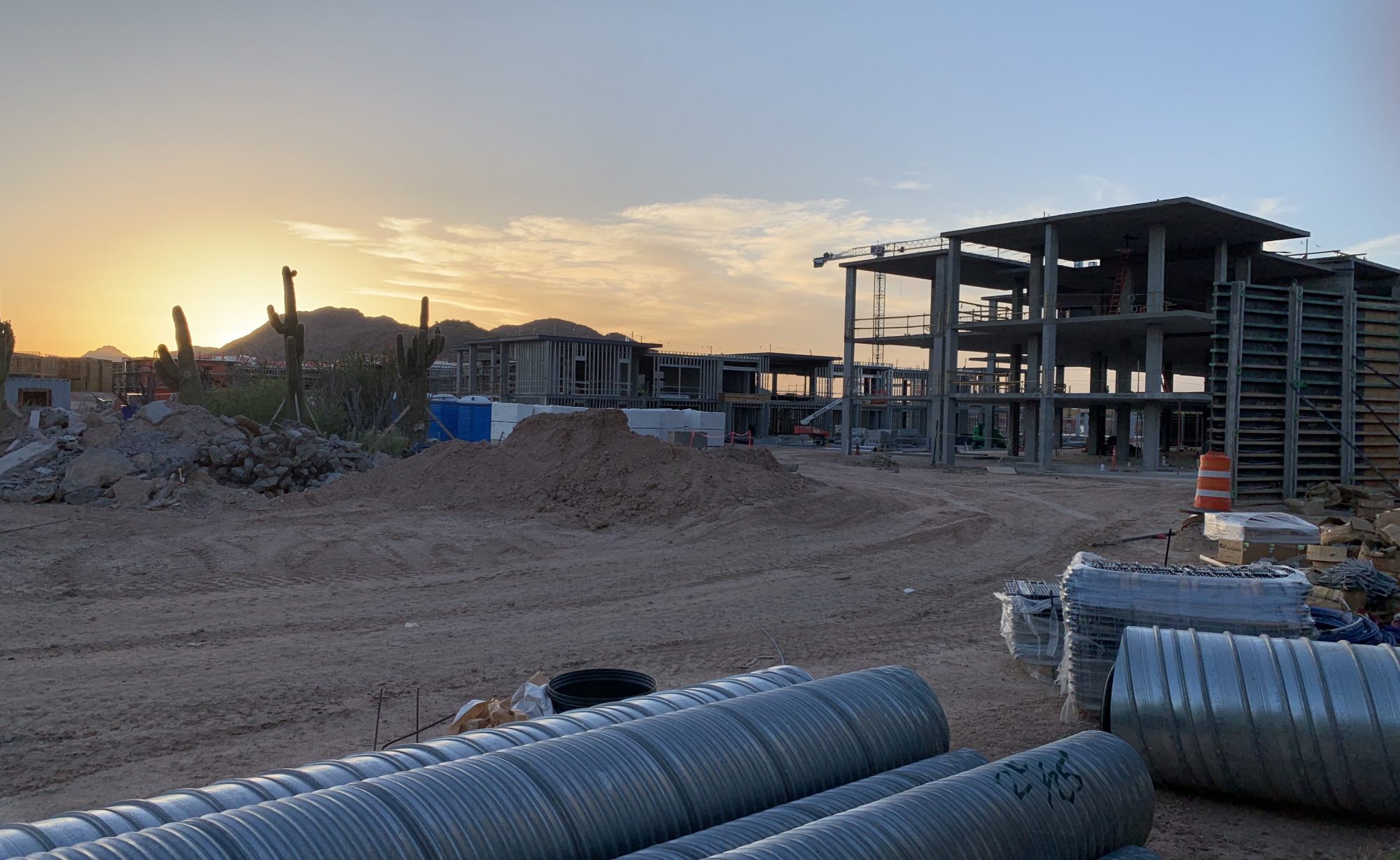 Not too long ago, I litigated a case that turned on the enforceability of a pay-if-paid clause. The very good attorneys on the other side argued that the clause at issue was enforceable, such that it excused their general contractor client’s failure to pay. I argued, on behalf of my subcontractor client, that the provision was unenforceable. The trial court agreed with me on summary judgment, which led to a very favorable settlement for my client.
Not too long ago, I litigated a case that turned on the enforceability of a pay-if-paid clause. The very good attorneys on the other side argued that the clause at issue was enforceable, such that it excused their general contractor client’s failure to pay. I argued, on behalf of my subcontractor client, that the provision was unenforceable. The trial court agreed with me on summary judgment, which led to a very favorable settlement for my client.
So what was wrong with the clause the parties were fighting over? Among other things, I argued that it did not comply with the requirements set forth in L. Harvey Concrete, Inc. v. Agro Const. & Supply Co., 189 Ariz. 178, 939 P.2d 811 (App. 1997). L. Harvey is the seminal Arizona case on pay-if-paid clauses. It holds that pay-if-paid provisions are enforceable if they meet the following three requirements:
(1) “expressly state[] that receipt of payment from the owner is a ‘condition precedent’ to recovery”;
(2) state[] that “‘payment…is not due and owing…until the owner has made such payments to the contractor'”; and
(3) identify “payments…made by the owner to the contractor” as the “source of funding for the subcontract.”
L. Harvey, 189 Ariz. at 182 (emphasis in original).
One of my main arguments was that the clause at issue did not satisfy the third L. Harvey prong. The subcontract did not mention a source of funding for the general’s payments to my client, let alone the parties’ intent that those payments would be exclusively funded from the owner’s payments. This was a far cry from L. Harvey, where the language relevant to the third prong read: “‘[t]he subcontractor recognizes that the source of funding for this subcontract agreement are [sic] the progress and final payments that are to be made by owner to contractor.'” 189 Ariz. at 181. The court agreed with my arguments and ruled that the provision at issue could not excuse the general contractor’s failure to pay my client.
Arizona’s Prompt Payment Laws and Pay-if-Paid Clauses.
Although I was able to use L. Harvey to show that certain language was not a valid pay-if-paid clause, L. Harvey may not be the final word on whether pay-if-paid clauses are enforceable in Arizona. Stated differently, clauses that meet all the L. Harvey requirements could still ultimately be unenforceable. This is because it remains unsettled whether Arizona’s prompt payment laws have any effect on pay-if-paid provisions. The following language from the Prompt Payment Act (A.R.S. § 32-1129.02(A), specifically) is at the heart of this issue:
Notwithstanding the other provisions of this article, performance by a contractor, subcontractor or material supplier in accordance with the provisions of a construction contract entitles the contractor, subcontractor or material supplier to payment from the from the party with whom the contractor, subcontractor or material supplier contracts.
Subcontractors opposed to pay-if-paid provisions argue that this prompt payment language constitutes a broad statutory prohibition against such clauses. General contractors, on the other hand, counter that there is no mention of pay-if-paid clauses in A.R.S. § 32-1129.05 – the statute that identifies contract provisions deemed to be against public policy. Moreover, L. Harvey is seemingly no help. While the case was decided a few years after this prompt payment language was introduced, neither side raised or argued the prompt payment statute there. As a result (and as a result of there being no subsequent reported decisions discussing the issue), the effect of Arizona’s prompt payment laws on pay-if-paid clauses remains unsettled.
